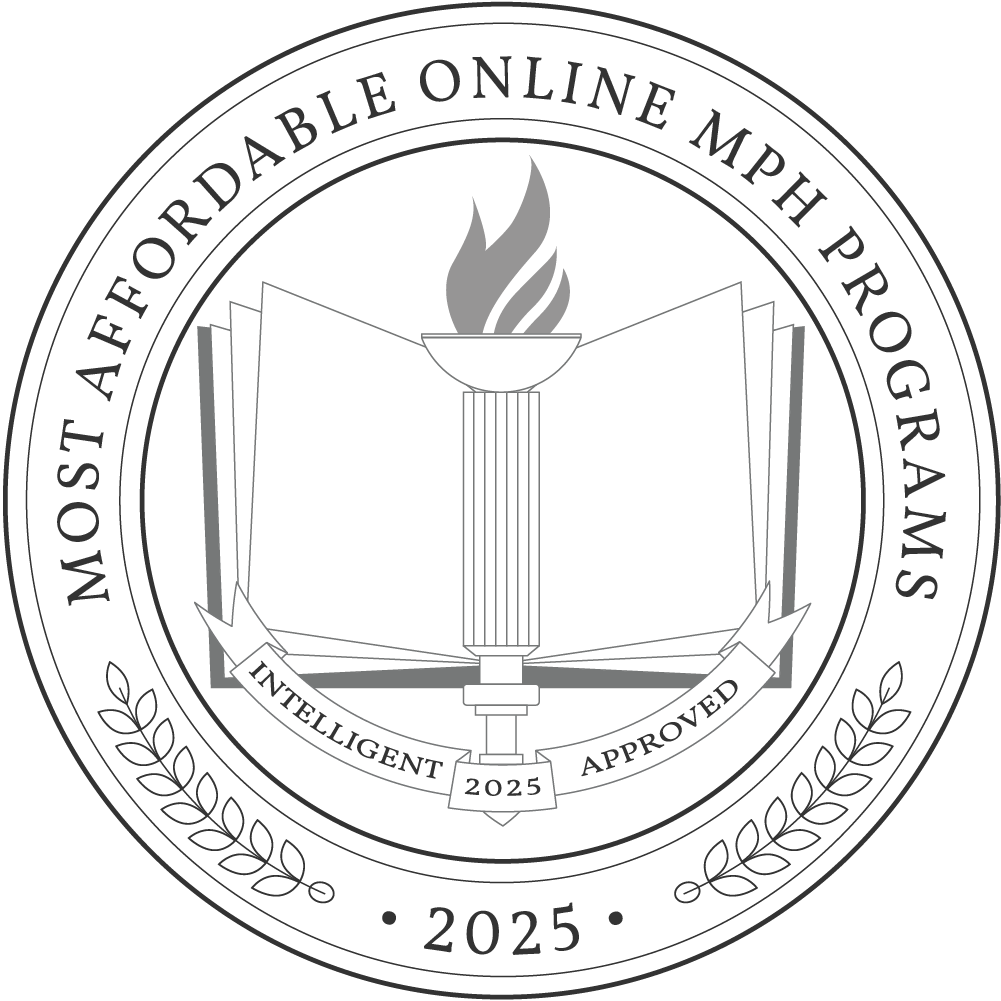Earning a master’s degree in public health (MPH) is a great way to prepare yourself to enter a rewarding and lucrative profession. Professionals with an MPH degree are equipped for a broad range of jobs in healthcare, government, industry, and the nonprofit world involved in protecting and improving the health of people and communities. These jobs may include public health nursing, epidemiology, and health care administration.
Finding the most affordable online MPH programs isn’t difficult. In this article, we’ll look at some factors to consider when looking for the best MPH program and discuss careers open to you with this degree.
Why Trust Us
The Intelligent.com Higher Education Team is dedicated to providing students with independent, equitable school and program rankings and well-researched resources. Our expert-driven articles cover topics related to online colleges and programs, paying for school, and career outlooks. We use data from the U.S. Department of Education’s College Scorecard, the National Center for Education Statistics, and other reputable educational and professional organizations. Our academic advisory team reviews content and verifies accuracy throughout the year for the most current information. Partnerships do not influence rankings or editorial decisions.
- Analyzed over 2,000 national, accredited, and nonprofit colleges and universities
- 800+ rankings pages are reviewed and updated yearly
- Content is informed by reputable sources, surveys, and interviews with academic advisors and other experts
- Over 100 data points are reviewed for accuracy and quality throughout the year, including sources
How we rank schools
Our list features the most affordable online MPH degree programs at top colleges nationwide. Each school featured is a nonprofit, accredited institution — either public or private — with a high standard of academic quality for post-secondary institutions.
We evaluated each school’s program on tuition costs, admission, retention and graduation rates, faculty, reputation, and the student resources provided for online students. We collected data from trusted sources like the National Center for Education Statistics, individual school and program websites, school admissions counselors, and other data sources. Then, we calculated the Intelligent Score on a scale of 0 to 100 based on the following criterion:
Academic Quality:
- Admission rate versus enrollment rate
- Retention rate of students who return after year one
- Accreditation status (regional and programmatic)
- Nonprofit status, both private and public institutions
Graduation Rate
- Overall graduation rate
- Total number of currently enrolled students, including diversity metrics
- Student-to-faculty ratio
Cost and ROI
- In-state and out-of-state per-credit tuition rates and fees
- Required credits to graduate
- Earning potential after graduation
- Availability of federal student loans, scholarships, and other financial aid options
Student Resources
- Available student services for online-only and hybrid programs
- On-campus amenities like tutoring centers and the number of libraries
Read more about our ranking methodology.
Most 50 Affordable Online MPH Programs
FiltersInstitution Type
Status
- Intelligent Score
- Alphabetically By University Name
- Acceptance Rate
- Enrollment
- In-state Graduate Tuition
- Out-of-state Graduate Tuition
- In-state Undergraduate Tuition
- Out-of-state Undergraduate Tuition

NM State Global Campus
Intelligent Score: 99.32In-state: $6,041
Out-of-state: $22,507
In-state: $4,981
Out-of-state: $4,981
SAT: 950-1150
ACT: 17-23
$444
Online
Council on Education for Public Health
42

University of Nevada, Reno
Intelligent Score: 98.11In-state: $7,901
Out-of-state: $23,554
In-state: $5,657
Out-of-state: $5,657
SAT: 1060-1260
ACT: 20-26
$730
Online
Council on Education for Public Health
45
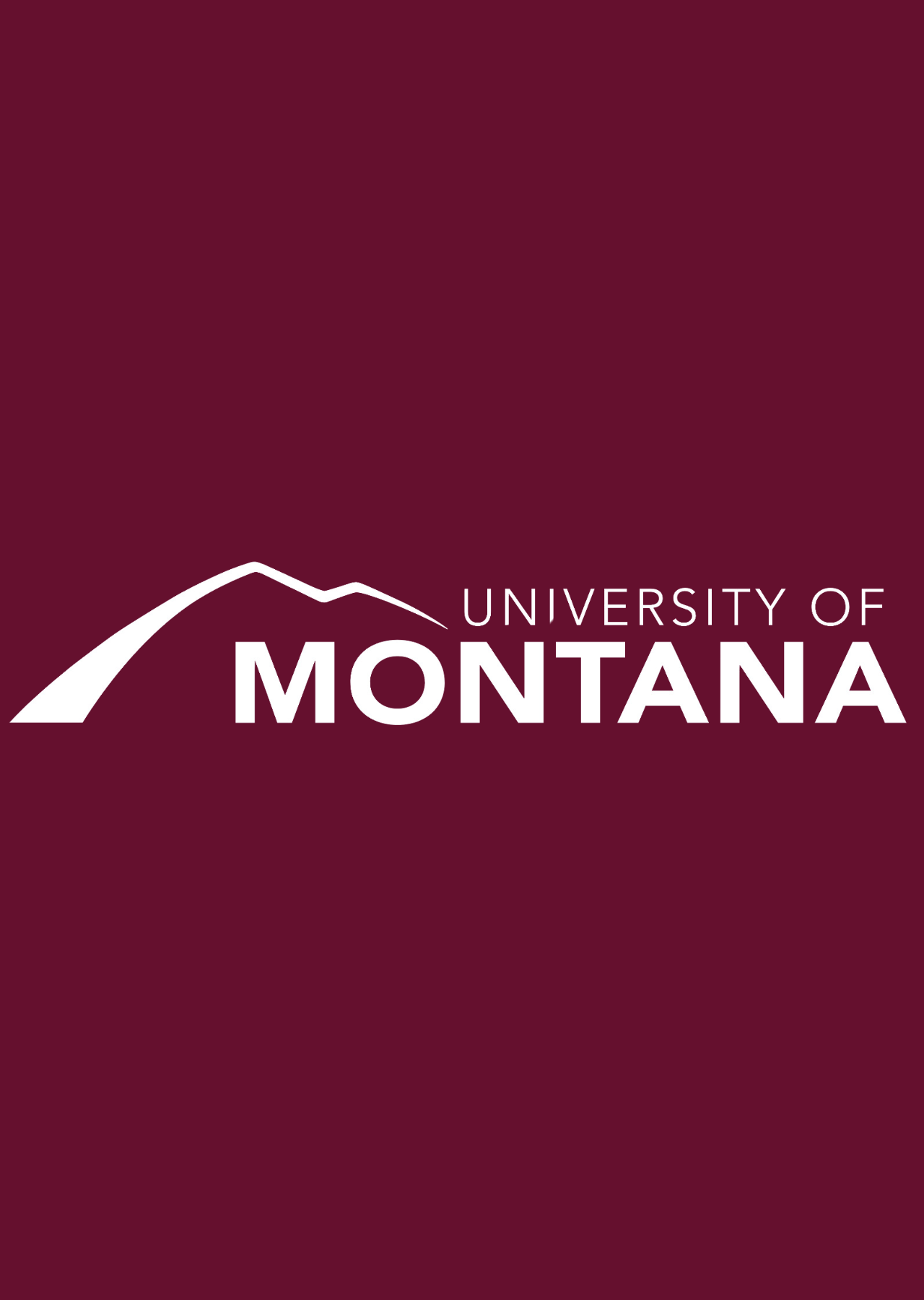
University of Montana
Intelligent Score: 97.95In-state: $5,352
Out-of-state: $25,106
In-state: $5,076
Out-of-state: $5,076
SAT: 1050-1240
ACT: 20-27
In-State: $350
Out-of-State: $914
Online
Council on Education for Public Health
42
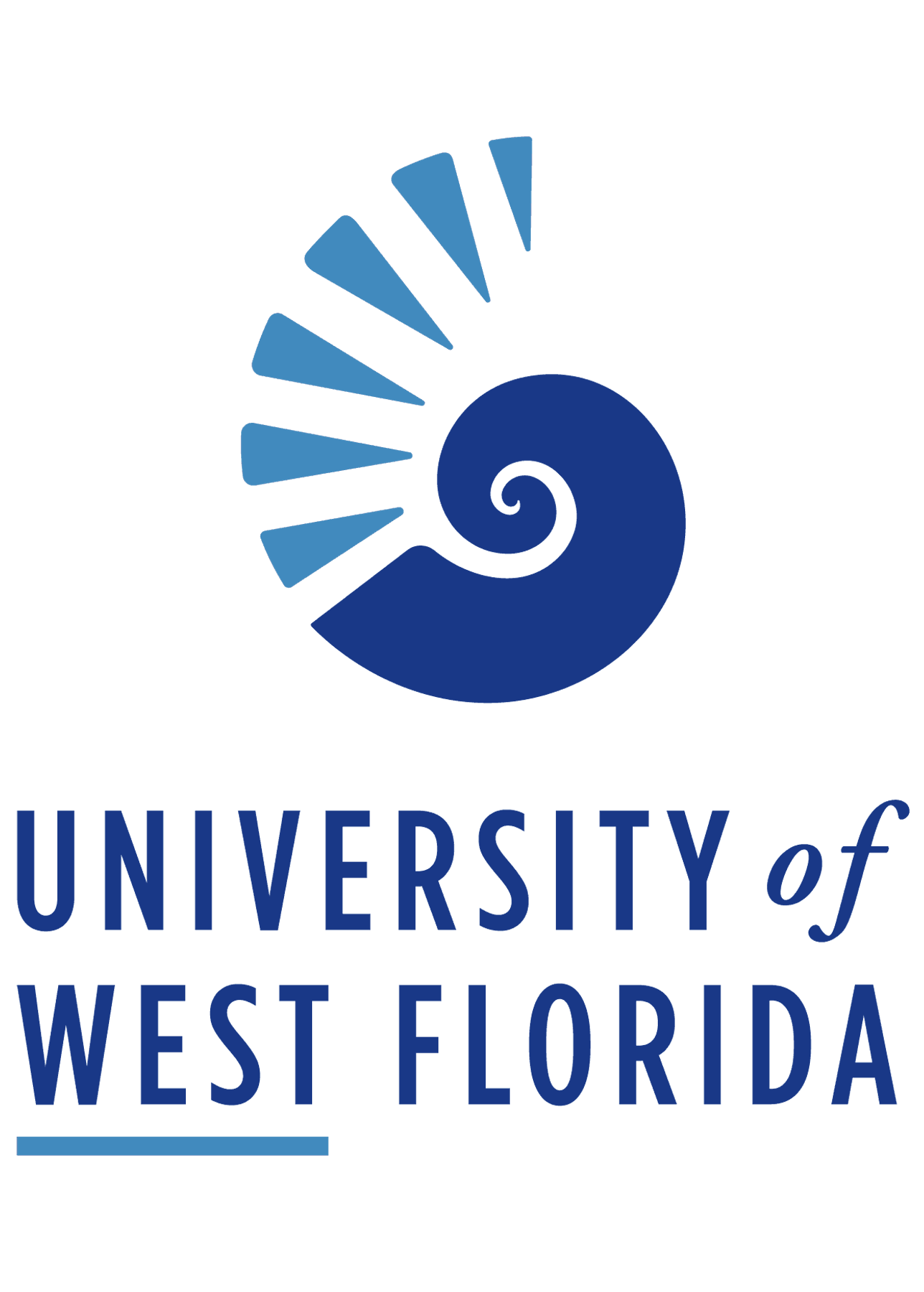
University of West Florida
Intelligent Score: 96.77In-state: $3,735
Out-of-state: $16,004
In-state: $7,088
Out-of-state: $7,088
SAT: 1060-1230
ACT: 21-27
In-State: $384
Out-of-State: $1,044
Online
Council on Education for Public Health
42

North Dakota State University
Intelligent Score: 96.43In-state: $8,606
Out-of-state: $12,909
In-state: $7,013
Out-of-state: $7,013
SAT: 1028-1243
ACT: 20-26
$877
Online
Council on Education for Public Health
42

Texas A&M University School of Public Health
Intelligent Score: 95.26In-state: $8,395
Out-of-state: $36,849
In-state: $6,775
Out-of-state: $6,775
SAT: 1160-1380
ACT: 26-32
Resident: $494
Non-Resident: $960
Online
Council on Education for Public Health
45

USF Health
Intelligent Score: 94.36In-state: $4,559
Out-of-state: $15,473
In-state: $8,350
Out-of-state: $8,350
SAT: 1160-1320
ACT: 25-30
Resident: $347
Non-Resident: $431
Online, On-Campus
Council on Education for Public Health
42
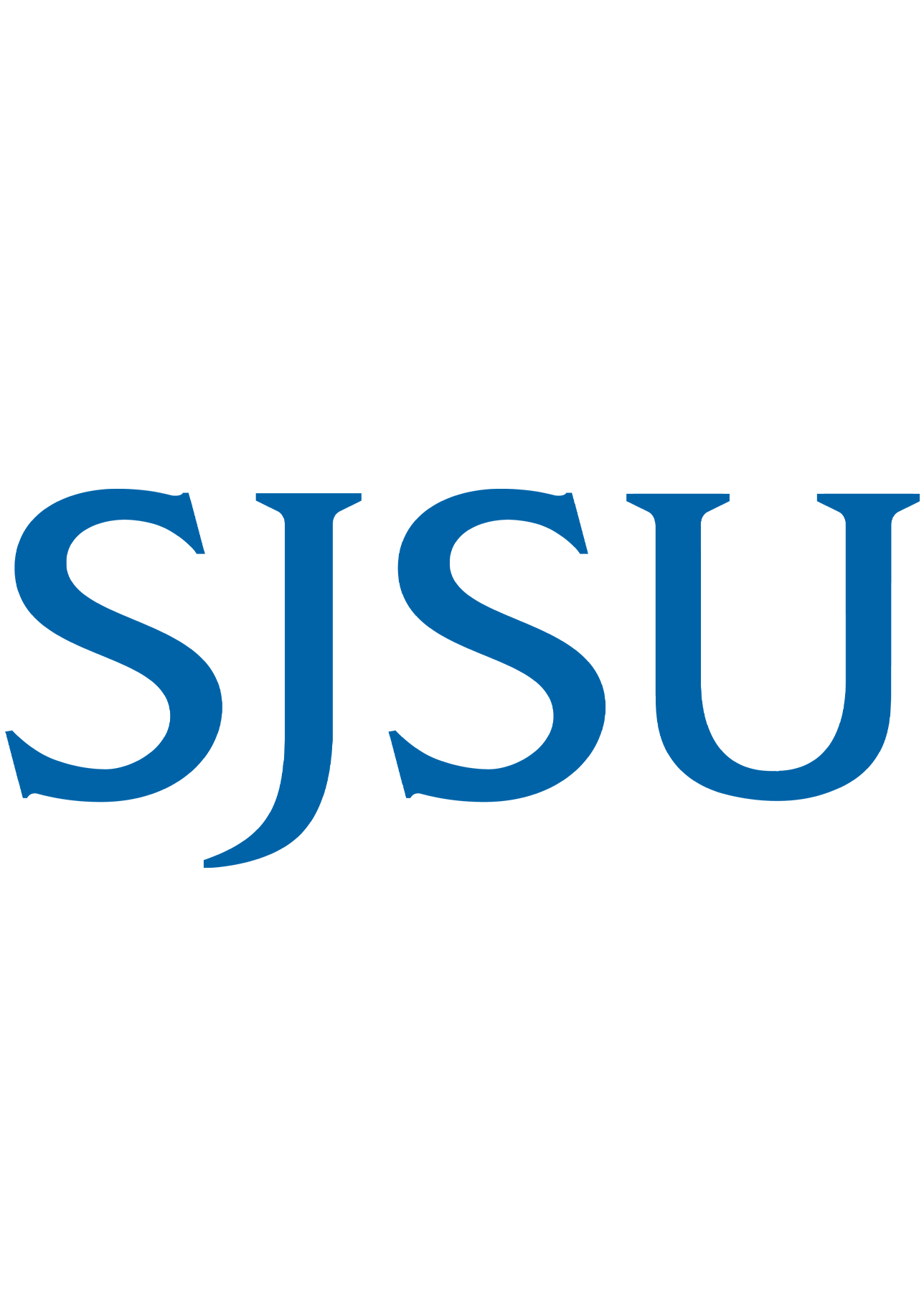
San Jose State University
Intelligent Score: 93.78In-state: $5,742
Out-of-state: $17,622
In-state: $7,176
Out-of-state: $7,176
SAT: 1010-1240
ACT: 19-26
$750
Online
Council on Education for Public Health
42
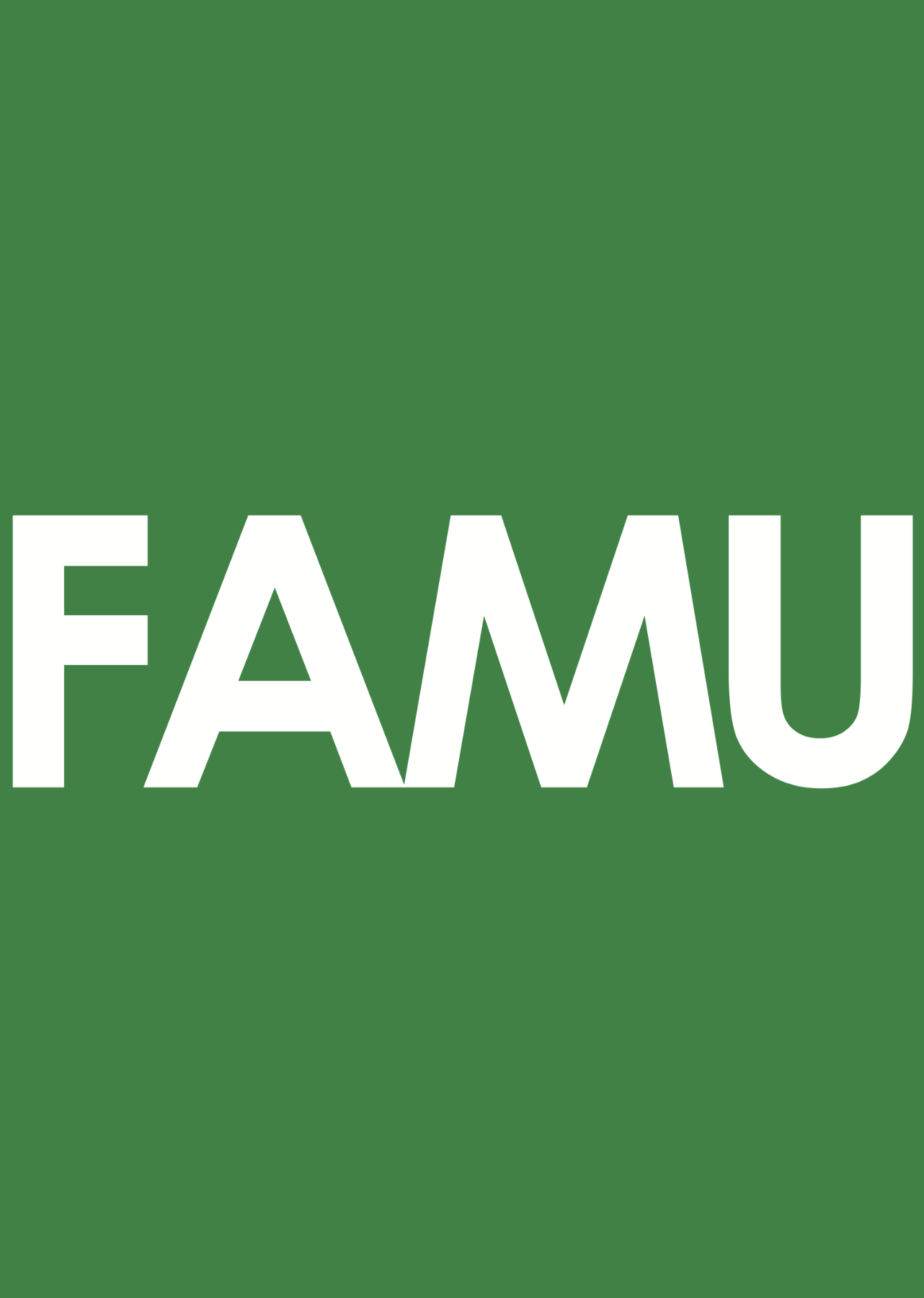
Florida Agricultural and Mechanical University
Intelligent Score: 93.23In-state: $3,152
Out-of-state: $14,524
In-state: $8,019
Out-of-state: $8,019
SAT: 1030-1150
ACT: 20-24
In-State: $405
Out-of-State: $1,022
Online
Council on Education for Public Health
50

University of Alabama at Birmingham
Intelligent Score: 93.11In-state: $34,627
Out-of-state: $51,815
In-state: $16,793
Out-of-state: $16,793
SAT: NA
ACT: NA
Resident: $588
Non-Resident: $671
Online, On-Campus
Council on Education for Public Health
42

University of North Carolina at Chapel Hill
Intelligent Score: 93.01In-state: $7,019
Out-of-state: $34,198
In-state: $10,552
Out-of-state: $10,552
SAT: 1280-1490
ACT: 28-33
$1,735
Online
Council on Education for Public Health
42
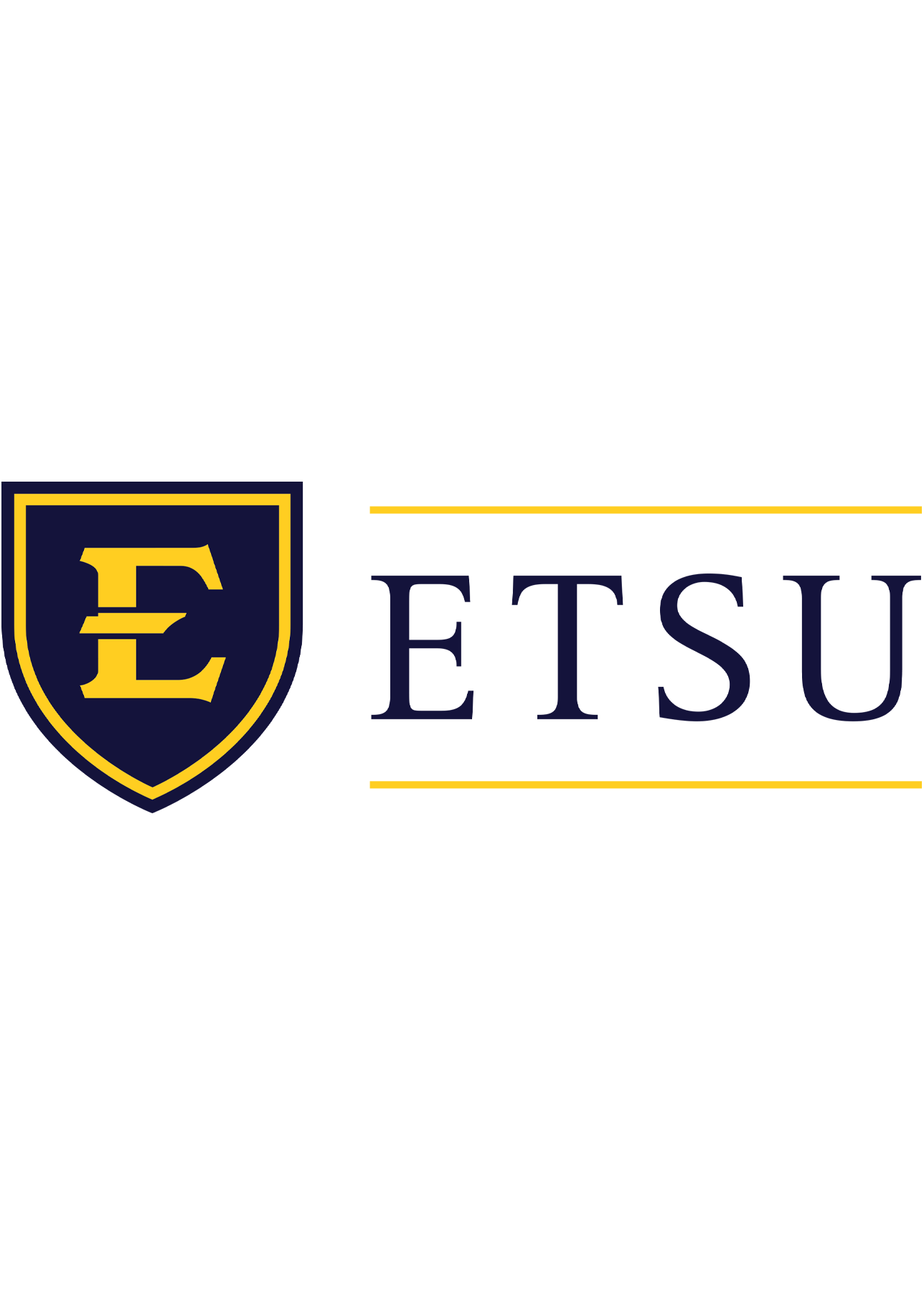
East Tennessee State University
Intelligent Score: 92.66In-state: $7,340
Out-of-state: $25,487
In-state: $8,640
Out-of-state: $8,640
SAT: 940-1170
ACT: 20-27
$841
Online
Council on Education for Public Health
43-46

Liberty University
Intelligent Score: 91.90In-state: $14,791
Out-of-state: $14,791
In-state: $7,935
Out-of-state: $7,935
SAT: 1040-1250
ACT: 21-29
$565
Online
Council on Education for Public Health
42

UF Health
Intelligent Score: 91.68In-state: $4,477
Out-of-state: $25,694
In-state: $10,770
Out-of-state: $10,770
SAT: 1290-1460
ACT: 29-33
$550
Online
Council on Education for Public Health
48

University of Illinois Springfield
Intelligent Score: 90.97In-state: $14,317
Out-of-state: $33,824
In-state: $15,016
Out-of-state: $15,016
SAT: 1200-1460
ACT: 27-33
$444
Online
Council on Education for Public Health
48
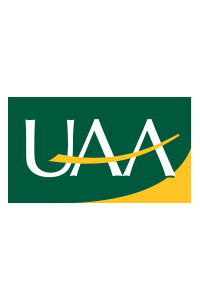
University of Alaska Anchorage
Intelligent Score: 90.58In-state: $36,848
Out-of-state: $50,432
In-state: $39,954
Out-of-state: $39,954
SAT: 1030-1250
ACT: 18-25
Resident: $513
Non-Resident: $1,079
Online
Council on Education for Public Health
42
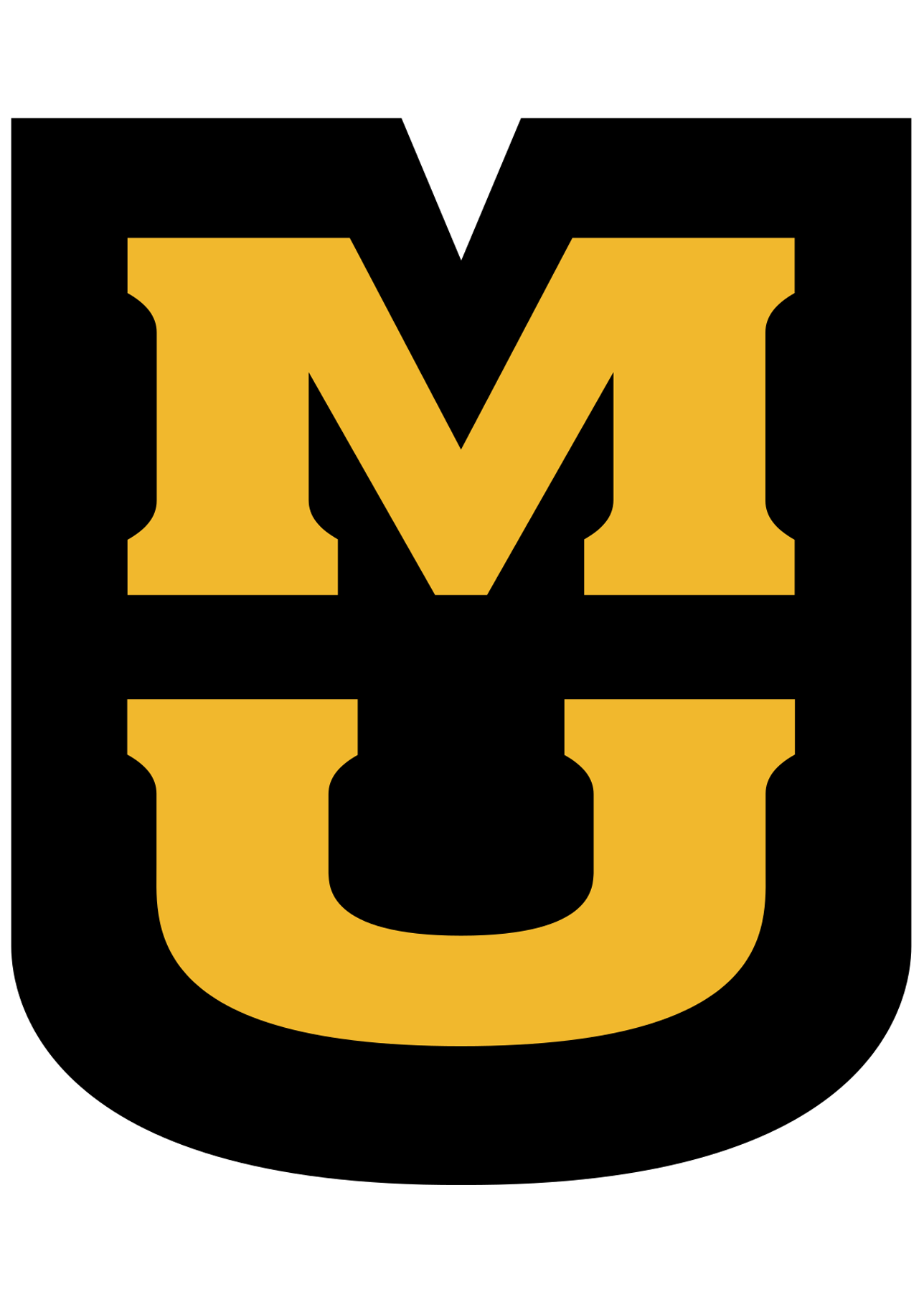
University of Missouri
Intelligent Score: 90.47In-state: $9,330
Out-of-state: $27,612
In-state: $9,478
Out-of-state: $9,478
SAT: 1110-1320
ACT: 23-29
$603
Online
Council on Education for Public Health
45
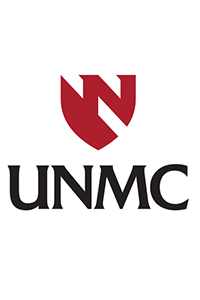
University of Nebraska Medical Center
Intelligent Score: 89.49In-state: $54,245
Out-of-state: $82,280
In-state: $34,425
Out-of-state: $34,425
SAT: 1270 or higher
ACT: 28 or higher
$615
Online, On-Campus
Council on Education for Public Health
42
Cost Breakdown for an Online MPH Program
When setting a budget for your online MPH degree program, it’s important to consider all the costs associated with graduate education.
- Tuition: This is the primary cost of higher education and is usually based on the number of credits a student takes each term. Most schools charge full-time students a flat per-term tuition rate, while part-time students pay per credit hour. Students should consult with their school’s financial aid office for the most accurate information about how much tuition is and how it is assessed.
- Fees: Schools often charge additional fees for expenses not covered by tuition. For example, colleges may charge online students a fee for virtual classroom technology, such as online course platforms or tech support. Students should clarify with a financial aid counselor whether there are any fees they must pay in addition to tuition and if the fees are assessed annually or on a one-time basis.
- Personal technology: Reliable hardware and internet access are essential for success in online degree programs. Before you start your degree program, assess your technology set-up and determine if you need to upgrade your computer, webcam, microphone, or internet service to ensure everything will work smoothly. Check with your school to find out if they partner with retailers or companies to offer students discounts on essential tech supplies.
- Books and supplies: According to the Education Data Initiative, the average postsecondary student spent between $628 and $1,200 for books and supplies during the 2021-2022 academic year. Therefore, it’s essential to budget for this expense as well. Also, consider if your program requires an internship, which may mean additional costs for business attire or transportation to your internship site.
Factors Influencing the Cost of an Online MPH Program
The price of tuition varies from college to college, based on multiple factors.
Public vs. private institution
An institution’s status as a public or private college significantly impacts its tuition rates. Because public colleges use state tax revenue for funding, they offer subsidized tuition rates to students who live in the state where the school is located. Out-of-state students typically pay a higher tuition rate, although many state schools charge online students the same tuition rate, regardless of where they live. Meanwhile, because private colleges don’t use public money, they charge all students the same tuition rate regardless of residency. Because private colleges rely more heavily on tuition as a source of revenue, they tend to have higher tuition rates than public colleges.
Nonprofit vs. for-profit
Another college classification status is non-profit and for-profit. All public and most private universities are non-profit, which means they must reinvest revenue into the institution through faculty and staff salaries, infrastructure, student services, and more. For-profit schools operate like corporations, with the primary goal of earning a profit. Tuition rates may be lower, but because for-profit schools typically invest less in faculty, infrastructure, and other student resources, students at for-profit schools may receive a different quality of education than those at non-profits. Students considering for-profit schools should carefully review how the institution invests its money and its student outcomes.
Student military status
A student’s military status can also affect their tuition rate, as many colleges offer discounts to students who are active-duty service members or veterans. Depending on the school, these benefits may extend to spouses and children. Students who think they might be eligible should consult the school’s financial aid office for more information.
Number of credits and completion time
The total number of credits students must complete to earn their MPH will also influence what they pay for their degree. More extended programs will likely result in a higher cost, although the per-credit tuition rate also determines this.
How to Pay for an Online MPH Degree
There are many ways to pay for an online M.P.H. degree, with most students using some combination of the methods outlined below:
Employer tuition assistance
Employer tuition assistance is an often overlooked benefit that helps individuals pay for education-related expenses. Many employers offer this benefit, in which they reimburse students for tuition and other education expenses after they successfully complete a course or program. Students who plan to work while earning their MPH should inquire with their employer to see if these benefits are available.
Work-study
The Federal Student Aid program awards work-study funding to eligible students. In this program, students work part-time for their college in exchange for an hourly wage. Work-study positions exist in various college departments, and online students should inquire about available remote work-study positions. Work-study jobs pay at least the federal minimum wage, although many, especially for graduate students, pay more.
Federal student loans
The FSA program also offers federal student loans, with interest rates and repayment terms set by Congress. Graduate students are eligible for Direct Unsubsidized Loans. Students submit the Free Application for Federal Aid (FAFSA) to determine their eligibility for federal student loans. The Ultimate FAFSA Guide provides more information about applying for student loans.
Private education loans
Because there are limits on how much students can borrow in federal student loans, some individuals may need loans from private lenders like Sallie Mae, Ascent, or SoFi to cover all their educational expenses. Private education loans differ from federal student loans because their interest rates and repayment terms are based on current market rates and the borrower’s credit history. Therefore, they may be less favorable than terms for federal student loans. Students who need to use private education loans to help pay for their degrees should keep an eye on interest rates throughout the year to lock in the most favorable terms possible.
Scholarships & grants
Scholarships and grants are considered gift aid because they don’t have to be repaid. There are several sources for scholarships and grants, including colleges, federal and state governments, professional organizations, private foundations, community and religious groups, and non-profits. Grants are typically awarded based on financial need, while students can receive scholarships for their academic, athletic, or extracurricular achievements, being part of a specific demographic, or their financial need. For need-based scholarships, students must typically submit the Free Application for Federal Student Aid (FAFSA).
Out-of-pocket
When students or families use their own money to pay for tuition and other education-related expenses, it’s considered paying out of pocket. Most students pay at least some education expenses out of pocket. If you plan on paying some or all of your tuition out-of-pocket, inquire with the school’s financial aid office to determine if they allow students to pay in installments throughout the term.
Scholarship Database
Intelligent Scholarship Finder Tool
"A Helping Hand" Scholarship
Award Amount: $500
Due Date: January 31, 2025
"Follow Your Own Path" Essay Scholarship
Award Amount: $500
Due Date: January 31, 2025
"Tuition Solution" Scholarship for STEM Students
Award Amount: $500
Due Date: January 31, 2025
$25k "Be Bold" No-Essay Scholarship
Award Amount: $25,000
Due Date: Closed for 2024
(ISC) Graduate Cybersecurity Scholarship
Award Amount: $5,000
Due Date: Closed for 2024
(ISC) Women in Information Security Scholarship
Award Amount: $5,000
Due Date: Closed for 2024
A.C. "Kate" & Leo Joseph Merlone St. Dominic Catholic Church of Saginaw Member Scholarship
Award Amount: Varies
Due Date: Closed for 2024
A.C. "Kate" & Leo Joseph Merlone Teaching Scholarship
Award Amount: Varies
Due Date: Closed for 2024
a/e ProNet David W. Lakamp Scholarship
Award Amount: $5,000
Due Date: Closed for 2024
AAAE Native American Scholarship
Award Amount: $1,500
Due Date: March 15, 2025
What Can You Do With an Online MPH Degree?
The most common career path for graduates with an MPH degree is becoming an epidemiologist. This health profession focuses on studying patterns and causes of health issues and using that information to reduce the risk of adverse health outcomes among different populations. Epidemiologists work in multiple settings, such as local, state, and federal government agencies, hospitals, public health agencies, colleges and universities, and more.
Others with this degree go on to work in health education, teaching individuals and groups about healthy behaviors and promoting wellness in various settings. For students who earn this degree in a program that emphasizes the business aspect of public health, opportunities exist in the management of hospitals, healthcare facilities, or community health organizations.
Another option is to pursue a doctorate in public health, which prepares graduates to focus on research, scholarship, and teaching.
Career Outlook
- Epidemiologists — Investigate patterns and causes of disease and injury and seek to reduce the risk and occurrence of adverse health outcomes through research, community education, and health policy.
- Median annual salary: $81,390
- Projected employment growth (through 2032): 27%
- New jobs projected: 800 per year
- Health education specialists — Teach people about behaviors that promote wellness and develop strategies to improve the well-being of individuals and communities.
- Median annual salary: $62,860
- Projected employment growth (through 2032): 7%
- New jobs projected: 6,600 per year
- Medical and health services managers — Plan, direct, and coordinate medical and health services at hospitals, medical practices, or within specific clinical areas.
- Median annual salary: $110,680
- Project employment growth (through 2032): 28%
- New jobs projected: 54,700 per year
How to Choose the Online MPH Degree Program that’s Right for You
Clarify your needs and goals
Although your priority may be finding an affordable online MPH program, there are several other factors to consider when choosing one. Reflecting on your career goals and how an online MPH will help you achieve them can facilitate a smoother search and selection process.
Are you seeking an online MPH because you’re already in the public health field and want a degree that will prepare you for leadership roles, or do you need a program that covers foundational and advanced skills so you can start a public health career? Do you want a program that emphasizes research or applied skills? Consider specialization options, such as epidemiology, biostatistics, healthcare policy and management, or global health.
Establishing your logistical needs is also helpful, as this can guide the type of program you seek out. Consider asynchronous programs that allow students to complete lessons and assignments independently for the most flexibility. Students who prefer learning through real-time interaction may prefer synchronous programs that feature regularly scheduled virtual classes.
Research schools and programs
Once you’ve set some criteria for the type of program you want, you can begin exploring your options.
The first thing to check with any schools you’re considering is their accreditation status. At the institutional level, schools should be regionally accredited by a recognized accrediting agency. Accreditation guarantees that school programs meet high-quality standards and can affect a student’s eligibility for financial aid, jobs, and further education opportunities. Students should also verify that the school’s MPH program is accredited by the Council on Education for Public Health (CEPH).
Other questions to ask during the research process include:
- Who are the program’s faculty, and what are their credentials?
- Does the curriculum include hands-on learning experiences like internships?
- What support services does the school offer online students?
- What types of scholarships, grants, and fellowships are available?
- How affordable is the school compared to your other options?
Schools generally include this information on their website or with marketing materials available to potential students. They may also offer online open houses or information sessions where students can speak to faculty, students, and admissions counselors. Following schools, programs, and faculty on social media is another way to learn more about a program.
Review application and eligibility requirements
While gathering information about schools, be sure to find out their application and eligibility requirements, as this will vary from school to school. Note any deadlines programs may have, as failing to complete an application by advertised deadlines can impact your ability to start your program at your desired time.
In general, applicants to an MPH program can expect to submit the following:
- Completed application and required fees
- Official transcripts from undergraduate college(s) attended
- Letters of recommendation
- Personal essay
- Resume
- GRE or GMAT scores
Contact their admissions office if you have questions or need clarification about a school’s application processes.
